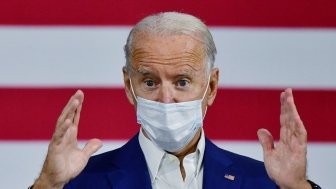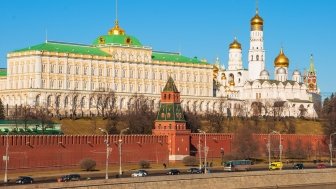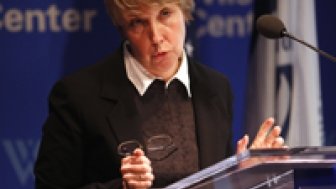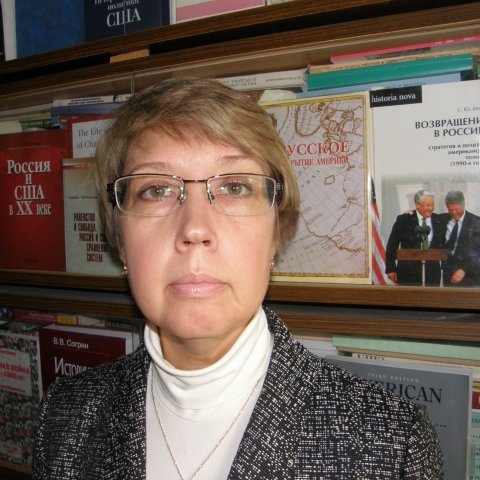Victoria Zhuravleva
Professional Affiliation
Professor of History and International Relations, Chair of the Department of American Studies, Russian State University for the Humanities, Moscow, Russia; Former Fulbright-Kennan Scholar
Expert Bio
Victoria I. Zhuravleva is a Doctor of Science (History), a Professor of History and International Relations, Chair of the Department of American Studies form the Russian State University for the Humanities, Moscow, Russia. Her field of research interests is American history with a specialization in Russian-American relations and U.S. foreign policy. She is author of fundamental book Understanding Russia in the United States: Images and Myths (in Russian, 2012), co-author of the text-book World History of the 20th Century (in Russian, 2002), co-author of the volume Russia and the US: Diplomatic Relations. 1900-1917 (in Russian, 2009). She is editor of several volumes on History and Imagology of Russian-American relations as well as on American History, including Russian-American Relations in Past and Present: Images, Myths, and Reality (in Russian, 2007), Abraham Lincoln: Lessons of History and the Contemporary World (in Russian, 2010), co-editor (with Ivan Kurilla) of Russia and the United States: Mutual Representations in Textbooks (in Russian, 2009) and Russian/Soviet Studies in the United States, Amerikanistika in Russia: Mutual Representations in Academic Projects (Lexington Books, 2016). Victoria Zhuravleva is a member of editorial board of such academic journals as Amerikanskii ezhegodnik (The American Year-Book), Sravnitel'naia politika (Comparative Politics); Vestnik RGGU (RSUH/RGGU Bulletin. Series: Politics. History. International Relations. Area Studies), Journal of Russian-American Studies (JRAS). She is an alumna of the Fulbright Program and the Kennan Institute Program.
Wilson Center Project
Images of Russia in American Political Cartoons
Project Summary
The project is devoted to the American perception of Russia through political cartoons in the period, when there was a dramatic shift in the dominant American images of the Russian Empire. Russia was turning into one of the significant Others that framed the American self-narrative, and at the same time into a country eager to follow the American model of development.
Insight & Analysis by Victoria Zhuravleva
- Article
- Elections
US-Russia Relations under the Biden Administration | An Expert Analysis
- By
- Michael Kimmage,
- Pavel Koshkin,
- Victoria Zhuravleva,
- and 1 more

- Past event
- Society and Culture
Why Do Russia and the U.S. Need Each Other?: Foreign Policy and National Identity

- Past event
- US Foreign Policy
Ground Truth Briefing: What Does Russia Expect of President-elect Donald Trump?




